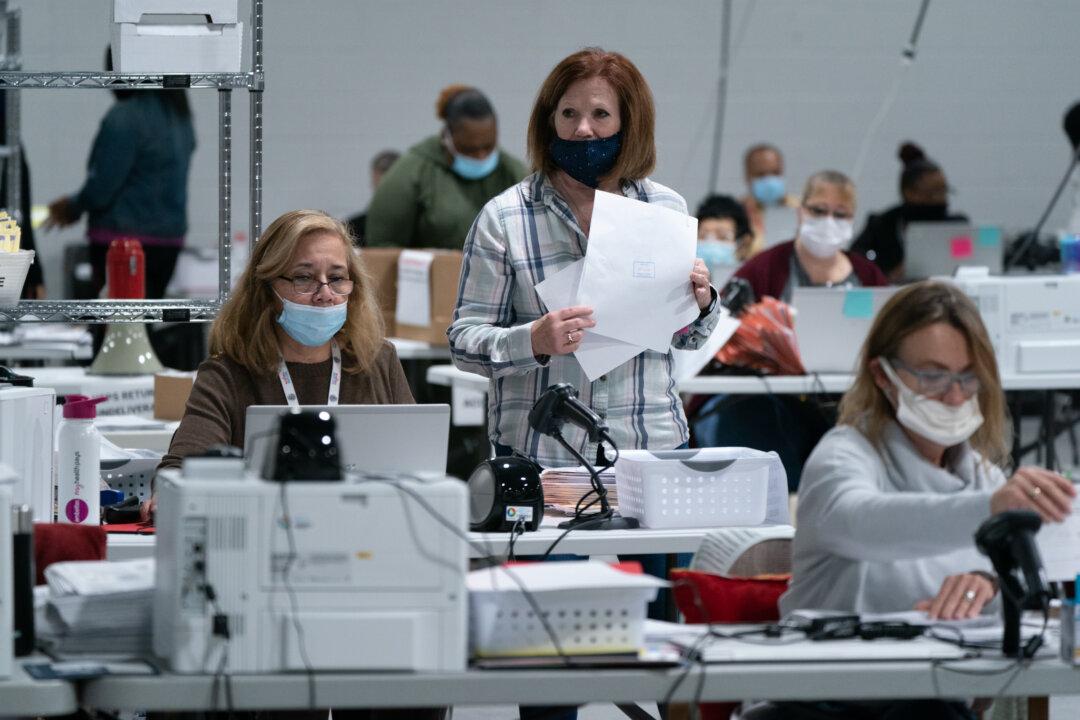Top Republicans in Georgia are calling on the state’s board of elections and Secretary of State Brad Raffensberger to investigate individuals who may be moving to the state to vote during the upcoming runoff election for two U.S. Senate seats in January, following calls from prominent Democrats and media pundits.
Earlier this week, former Democratic presidential candidate Andrew Yang, on Twitter, wrote that both he and his wife are moving to the Peach State to campaign for Democrats Jon Ossoff and Raphael Warnock against Sens. David Perdue (R-Ga.) and Loeffler (R-Ga.).





